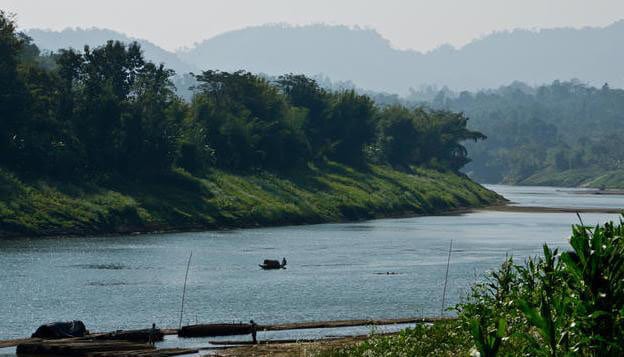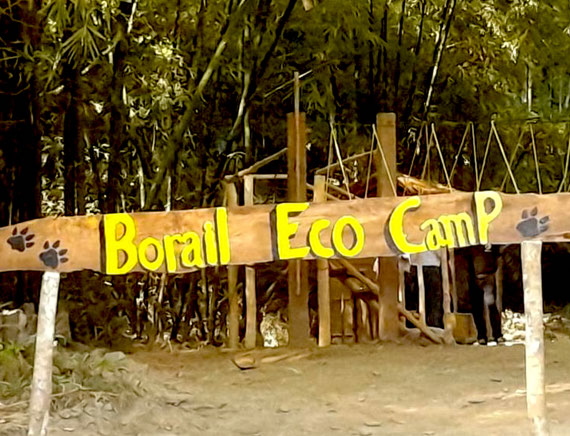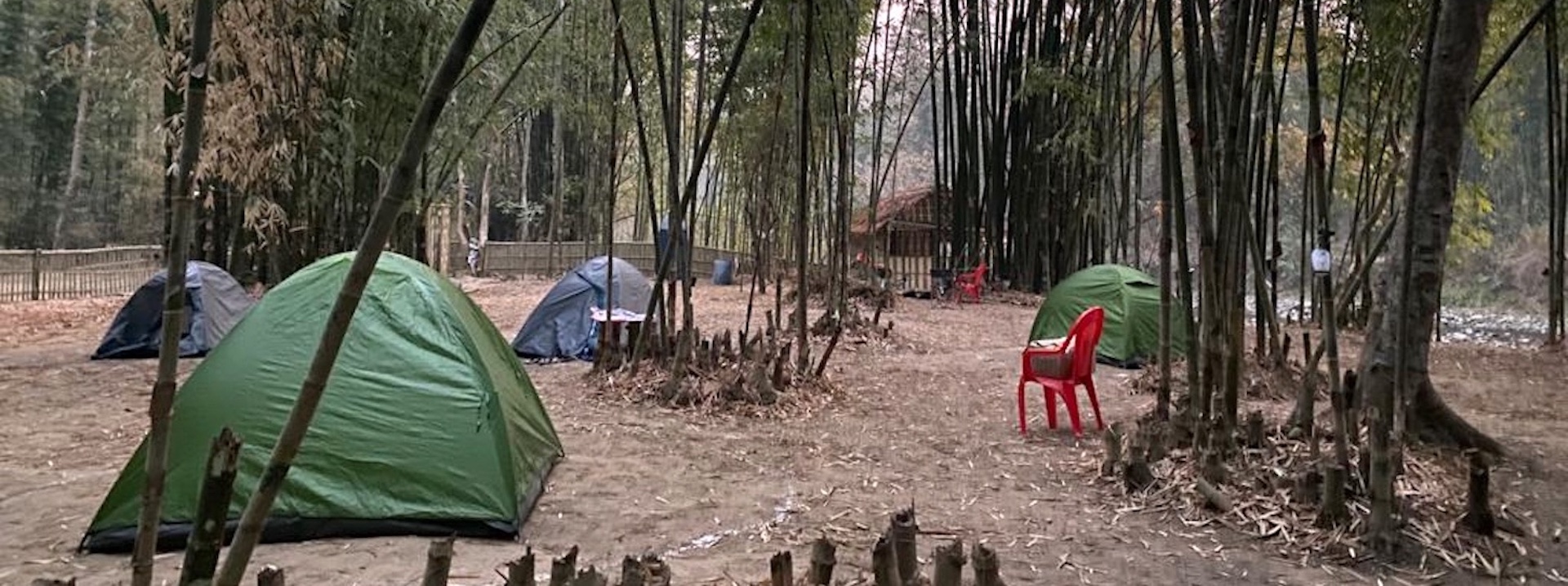


Case Study
Ecotourism at Borail Wildlife Sanctuary
Ecotourism – a form of tourism that has low environmental impact, helps sustain biodiversity, encourages conservation of habitat and wildlife and actively engages the local community to create economic benefits – is gaining popularity. The challenge lies in finding the optimal balance between – environment, economy and the community. Extensive community engagement and steady hand-holding support enables a project to reach its’ appropriate sustainability quotient in a dynamic manner over a period of time.

Destinopedia experts were recently called upon to explore and help initiate ecotourism initiatives in the Borail Wildlife Sanctuary – a lesser-known protected area tucked away in the luscious green forests of Southern Assam in the Barak River valley. The indigenous Khasi community have been leading a harmonious lifestyle that is integrated with nature while dependent on forests. The villagers lead a pragmatic mix of traditional practices and modern thought processes.
Though agriculture is the mainstay of the local population, only a single crop is practiced. The communities supplement their incomes through collection of minor forest produce such as beetle leaves (paan) and areca nut (supari). The practice of jhum cultivation (shifting cultivation) also leads to destruction of biodiversity. Frequent incursions into the forest for livelihood generates conflicts with conservation efforts of the Forest Department. As official diktats and use of force are unsustainable, the Assam Forest Department, Cachar Forest Division adopted alternate approaches through engaging the local community in conservation, building consensus and exploring ecotourism as an alternate livelihood option.
Indragram is one such small hamlet of 32 families located on the fringe of Borail Wildlife Sanctuary. Proximity to Silchar – an education and industrial hub and second largest city of the Northeast – has the potential to be a key tourist source market for this destination. Silchar as the entry point to the NE States of Tripura, Mizoram and Manipur, further supports a growing appetite and pent-up demand for newer recreational experiences. Destinopedia experts were invited to strategize, plan and handhold the Assam Forest Department, Cachar Division in the implementation an ecotourism destination at Indragram. The project stated with a vision to replicate the success to other villages based on the experiences gained here.

After intensive effort over almost 11 months, the The Borail Eco-camp was launched on Nov 12’ 2022.
Engagement Process and Impact
1. Seeding the idea of tourism: The local community of Indragram had no exposure to the business potential of tourism and its’ impact, even though mobile communication access ensured a much wider media exposure. While the younger generation frequented Silchar and Guwahati for education, most locals had not traveled beyond. It took intensive engagement over six months for the team to build the community’s trust in a collective vision for tourism.
2. Building skills and capacity: Destinopedia experts build the confidence and soft skills of the local communities through intense and regular engagement over 10 months, to equip them host visitors. A month-long training was organized at Pratham Training Centre at Pench Tiger Reserve Maharashtra on hospitality related skills (housekeeping, guest services, concierge, culinary skills, dining and restaurant management). To ensure sustenance, Forest Department officials were oriented to provided sustained support to the community members over a longer time-period.
3. Infrastructure & Eco-Guidelines: The guiding principle of the Borail Eco-camp is to leave minimal footprint, hence there are no permanent structures at the camp site. The structures are limited to tents for accommodation and bamboo shelters for other built / covered spaces. The nature experience is curated around existing trails through the forest and riverbank. Soft adventure activities as rope bridge and zipline are in the process of getting installed. Team Destinopedia has helped frame guidelines for Ecotourism that shall form the basis for further development of the camp-site and surrounding tourism activity areas.
4. Institutional framework: An Indragram Ecodevelopment Committee (IEDC) has been constituted as the partnership mechanism between local community and Assam Forest Department, Cachar Forest Division. With oversight over the tourism operations, IEDC is tasked to ensure synergy between Conservation, Communities and Sustainable tourism. Team Destinopedia is handholding and strengthening the IEDC to build its capacity in – data collection and reporting of operational parameters, duty rostering and decision making for day-to-day operations of the Eco-Camp.
5. Engaging youth & women: Team Destinopedia has consciously engaged women and youth into the tourism activity, while ensuring that the prevailing livelihood streams of the family are undisturbed and tourism supplements the family income. Young boys and girls running the eco-camp provides confidence to others in seeking tourism based livelihoods, as against migrating to cities in search for work.
6. Curated experiences: At Borail Eco-Camp the emphasis is on experiencing and engaging with nature. Team Destinopedia has helped the IEDC curate and package experiential offerings that are based on local nature and culture.
The Impact has been positive within a short span of time. Over 25 families have benefited either directly or indirectly. For the first time ever, women at Indragram have a direct role in earning an income. Silchar town has responded enthusiastically with significant day visitorship, apart from overnight travelers from nearby cities and beyond. In the first month of its’ operations, the Eco-camp has hosted over 1200 short duration, 100 day-long and 50 overnight visitors. Entrepreneurial instincts from within the community are now enabling them take on vehicle parking management, small tea shops etc. There is a growing demand for this model to be replicated in many other villages across the region.
However, there are many Challenges to overcome. Community cohesion should be built strong enough and vigilant to ensure the eco-standards are maintained. The tendencies of mass tourists to over-consume and generate waste need to be curbed to ensure responsible travel. The economic benefits generated would need to be balanced with the carrying capacity of the Borail Eco-Camp. Destinopedia experts continue to support the community and Forest Department in overcoming these challenges.

